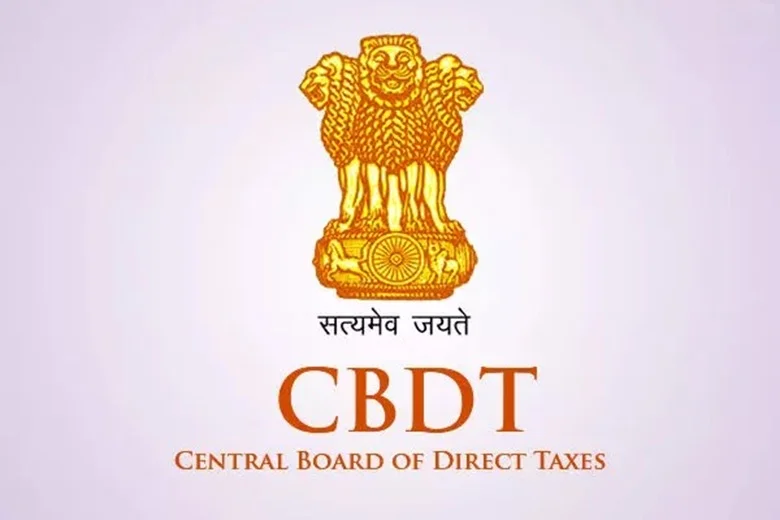The Indian government has turned its attention to a growing scheme in which companies, aided by complicit or inattentive banking staff, exploit weak controls to move foreign exchange overseas illegally. Recently, the Central Board of Direct Taxes (CBDT) acknowledged that this vector of fraud has become increasingly audacious.
At the heart of the scheme lies Form 15CB, a certificate issued by chartered accountants (CAs) that accompanies cross-border remittances. Using easily available tools, fraudsters have been forging or altering these certificates, sometimes manipulating amounts, payees or transaction details. The alterations are masked by falsified UDIN (Unique Document Identification Number) codes — identifiers generated by the Institute of Chartered Accountants of India (ICAI).
Once accepted by forwarding banks, these forged documents allow funds to flow outward under the guise of legitimate payments — often as import transactions. In many cases, bankers fail to verify the UDIN through ICAI’s portal, enabling fraudulent remittances to pass unchecked.
FCRF Launches CCLP Program to Train India’s Next Generation of Cyber Law Practitioners
The Mechanics of the Fraud
The process typically begins with a CA generating a Form 15CB, which is supposed to validate the foreign remittance by confirming that taxes on such transfers are either withheld or exempt. The remitter also submits Form 15CA, and both are submitted to the bank handling the transaction.
Fraudsters intercept or falsify the 15CB PDF, replacing legitimate data with manipulated content — and may reuse or duplicate UDINs to make the form seem authentic. Because some bankers skip the step of UDIN verification on ICAI’s online portal, the forged forms can slip through.
In effect, a compliance step meant to guard against misuse becomes the weakness exploited — especially if internal checks are lax. Remittances processed under such false documents may route funds overseas without scrutiny, disguised as valid trade or business payments.
Closing the Gaps: Reform Proposals
In response to this loophole, the government is considering structural changes intended to erase vulnerabilities. Among the proposals under discussion:
Routing Form 15CA directly and electronically to authorized dealer banks, minimizing manual handling.
Strengthening integrity checks on Form 15CB, potentially automating validations tied to UDIN and other metadata.
Enabling online UDIN validation allows for instantaneous confirmation of document authenticity.
Capturing additional details in the remittance forms, such as the identity of the authorized dealer handling the transfer.
The goal: to ensure that forged certificates cannot be accepted, and that banks cannot plead ignorance when remittances are processed.
Interim Safeguards and Institutional Responsibilities
While reforms are pursued, regulators and sector participants are urged to bolster interim defenses. Chartered accountants must bring greater diligence to issuing 15CB certificates — verifying supporting documents, cross-checking tax residency credentials, and ensuring consistency.
Banks, too, must not rely solely on submitted paperwork. They should verify UDIN codes, check the credentials of the issuing CA, and cross-validate documentation before processing outward remittances.
Still, the success of reforms will hinge on rigorous implementation, inter-agency coordination, and vigilance. Fraudsters often seek the weakest link — and tighter rules alone won’t suffice if people and procedures don’t follow.


